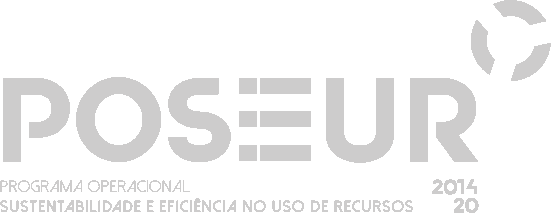The teacher of the Nursing School of Coimbra (ESEnfC), Irma da Silva Brito, considered that “the processes for implementing the concept of Health Promoting University have been very verticalized within the institutions and little cooperative” between higher education institutions, defending a more integrated work.
Irma da Silva Brito on the right of Antoni Aguiló, president of the Spanish Network of Healthy Universities
At the X Ibero-American Congress of Health Promoting Universities in Coimbra, the Public and Community Health specialist said that it is “urgent and necessary to maximize the participation of people whose life, health/illness processes, or work is the focus of interventions, in other words, the academic community”.
Irma da Silva Brito, who coordinated the workshop “Assessment of the impact of the initiatives of Health Promoting Universities” together with Antoni Aguiló (president of the Spanish Network of Healthy Universities), also warns that “there is little evidence of the impact of the initiatives in Health Promoting Universities”.
“Why do we insist on doing it if we can’t measure it?”, questioned the ESEnfC teacher in a workshop attended by several dozen Ibero-American researchers who, over three days, propose to discuss issues related to health and sustainability in higher education.
Some of the starting questions for discussion included: How to activate the participation of the academic community in all stages of the process? How to overcome the barrier related to the publication of many studies on Health Promoting Universities only in regional languages and/or grey literature? Of the scientific categories of validity and generalizability identified, which ones can have institutional and inter-institutional consensus?
Irma da Silva Brito holds a post-doctoral degree in Nursing Sciences and is co-director of the World Health Organization (WHO) Collaborating Centre for Nursing Practice and Research based at the ESEnfC, representing the School in the Executive Committee of the International Collaboration on Participatory Health Research (ICPHR), where she coordinates the international working group Education in Participatory Action-Research in Health.
She coordinates the PEER research project that integrates teams from several Portuguese-speaking countries, which includes the well-known and successful project of risk awareness in nightlife recreational settings, Antes que te Queimes.
She is also the scientific coordinator of the book "Pesquisa-Ação Participativa na Co-Criação de Instituições de Ensino Superior Promotoras de Saúde" (Participatory Action-Research in the Co-Creation of Health-Promoting Higher Education Institutions), a work launched in 2018 by Palimage. This book describes eight experiences of public and private university and polytechnic institutions in Portugal. Irma da Silva Brito is also responsible for teaching subjects such as School Health and Research Methodologies in Community Nursing.
The X Ibero-American Congress of Health Promoting Universities, under the theme “Higher Education, Health Promotion and Sustainable Development”, is a joint organization of the Ibero-American Network of Health Promoting Universities (RIUPS), the ESEnfC, and the Polytechnic Institute of Coimbra under the high patronage of the President of the Portuguese Republic.
[2022-10-10]













